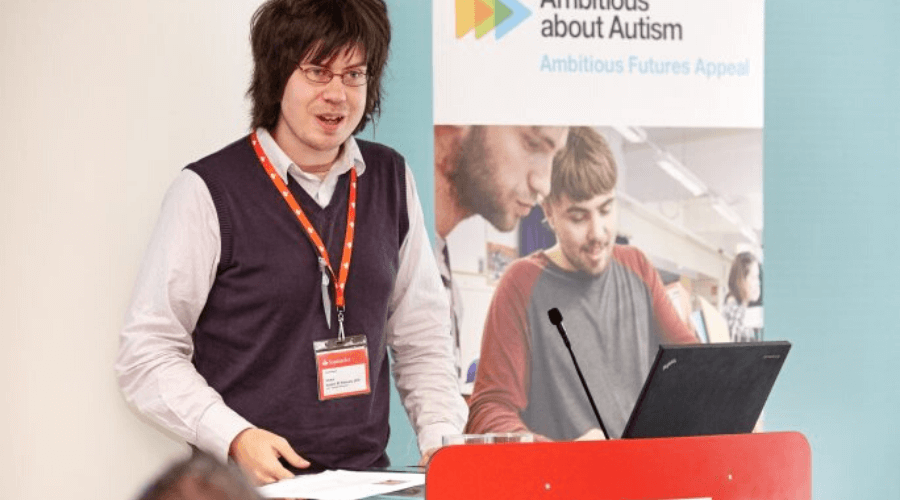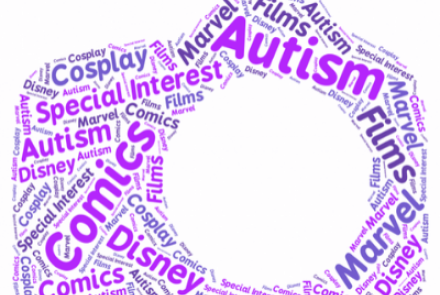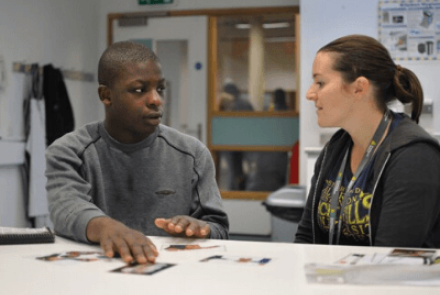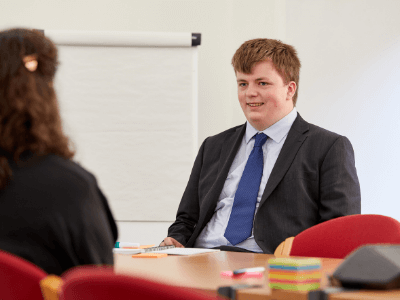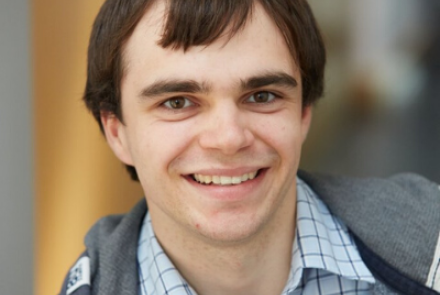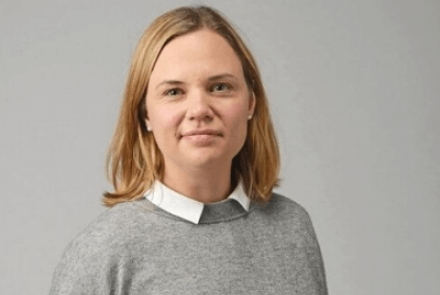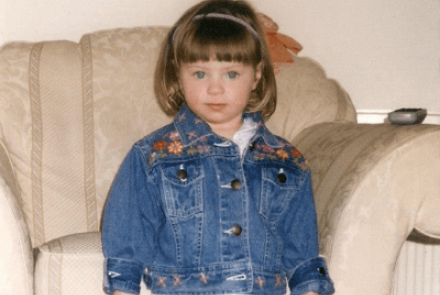A new loneliness perspective
There is nothing better, I find, than to have the ease of your own company. Whether it has been a day of high pressure and demand or simply because you feel exhausted by the extent of people you are around, having time to myself is something I treasure and how I feel better able to move ahead into the next day. However, for some autistic people, a need to be alone is never the same as wanting to be isolated from the world around us.
However, for some autistic people, a need to be alone is never the same as wanting to be isolated from the world around us.
Experiencing loneliness is a common reality when autism is part of that wider narrative for an individual and can begin from an early age in life. Whether it is never knowing what to say that might be regarded as socially typical or gauging a reaction that feels appropriate to conversation topics, what might feel natural to others socially and helps build our relationships can feel almost impossible for someone like me to achieve without having to learn over a long period of time.
In truth, building and maintaining friendships had never been one of my strengths and when you almost have to mould into the pattern of normality in school, which in itself would not be possible, you accept being lonely as something to live with.
While I had friendship groups, they didn't last. Some ‘friends’ I made, though who were anything but, only served to make an impression that a positive and fulfilling friendship was unobtainable. I would often try to put any personal feelings aside and invest my energy into work and study instead.
For children, where it is estimated over 84% who are autistic have one form of an anxiety disorder, not having someone outside of your family circle to confide in is a terrible prospect that can often escalate in later years and cause mental health to worsen.
I became skilled at putting a veil on those bleaker emotions when I had little option.
Hopefully, my own challenges have reduced in more recent years, with friends who are autistic, but also those who are prepared to spend their time in understanding who I am and not making an instant conclusion, which is sometimes the case.
The effects of that isolation are much more stubborn to change though. Whether it be feeling self-conscious about saying the wrong thing when talking or perhaps the occasional overcompensating and being too reactive, they all fall part of an inexperience with knowing how relationships should work. It’s my own lived-experience that has taught we do have those feelings to sometimes be alone, but we still need to feel part of something if we can ever feel satisfied and accepted in our lives.
This piece was written as part of the Jo Cox Commission on Loneliness.

